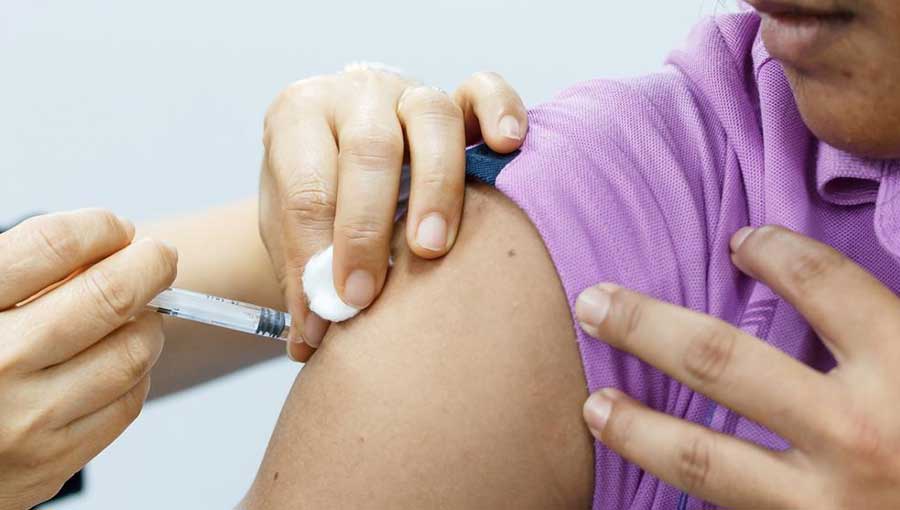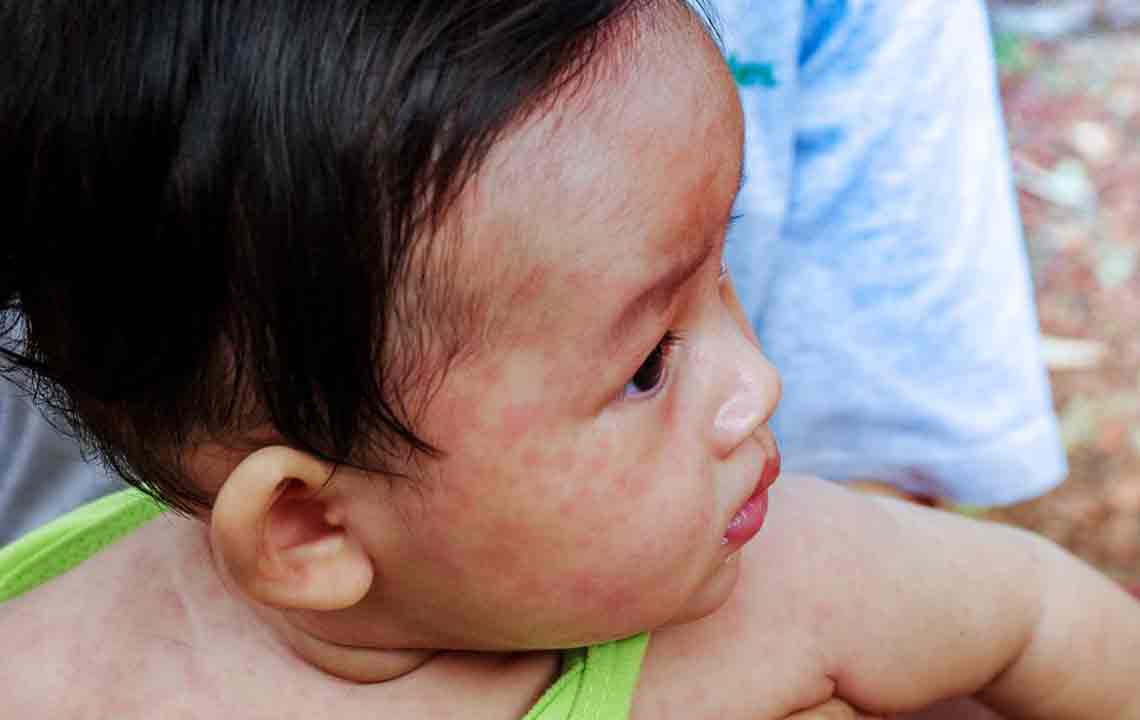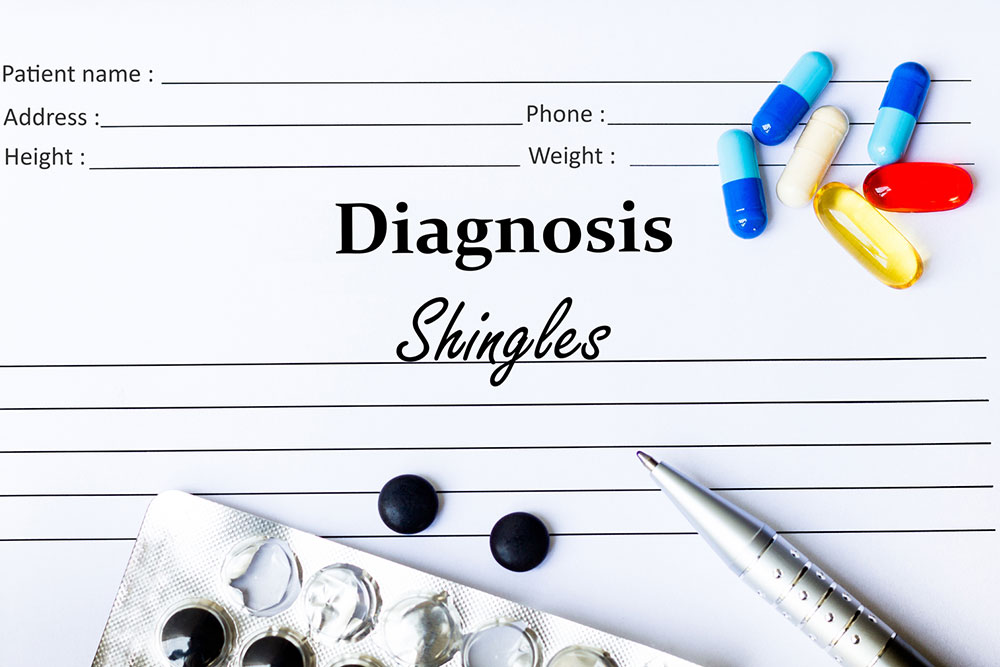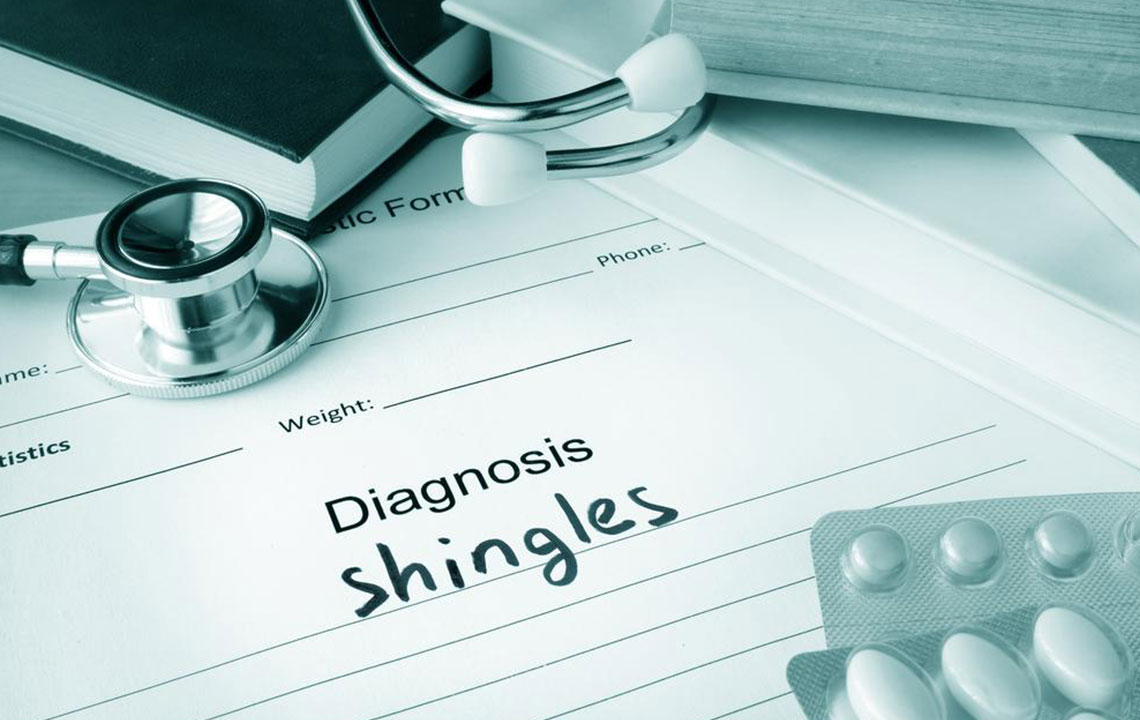Complete Guide to Shingles Vaccination for Seniors: Protecting Your Health in Later Years
This comprehensive guide highlights the importance of shingles vaccination for seniors, detailing symptoms, risk factors, vaccine options, and safety considerations. Vaccination helps reduce the risk and severity of shingles, safeguarding older adults from pain and complications. Early detection and timely immunization are crucial for effective prevention and health maintenance in later years.

Complete Guide to Shingles Vaccination for Seniors: Protecting Your Health in Later Years
As we progress into our golden years, our immune system naturally begins to weaken, making us more vulnerable to various infections and illnesses. Among these, shingles stands out as a painful and potentially serious condition that predominantly affects individuals aged 60 and above. Shingles, also known as herpes zoster, arises from the reactivation of the varicella-zoster virus—the same virus responsible for chickenpox during childhood. While chickenpox symptoms typically resolve with age, the dormant virus can reactivate later in life, causing shingles, which can lead to long-lasting pain, skin complications, and other health issues. Thankfully, vaccination has emerged as a powerful preventative tool to reduce the risk, severity, and complications associated with shingles.
Getting vaccinated against shingles not only helps prevent the initial onset but also significantly alleviates symptoms if the disease occurs. Early vaccination can reduce the likelihood of developing severe pain, skin infections, and nerve damage. This comprehensive guide aims to provide vital information about shingles, recognizing its symptoms, understanding who should get vaccinated, and addressing common concerns about safety and side effects.
Understanding Shingles and Its Impact
Shingles is a reactivation of the chickenpox virus that remains dormant in nerve tissue after the initial infection. When the immune system weakens with age or due to certain health conditions, the virus can reactivate, traveling along nerve pathways to the skin, resulting in characteristic rashes and blisters. The condition commonly affects one side of the body, often the torso or face, with the appearance of painful, red skin eruptions.
In addition to the skin manifestations, shingles can trigger nerve pain that can persist long after the rash heals—a condition known as postherpetic neuralgia. This persistent pain can significantly impair quality of life, leading to difficulties in sleep, mobility, and daily activities. In some cases, shingles can cause complications such as vision loss if it affects the eye, or neurological issues like encephalitis.
With tens of thousands of cases reported annually, shingles remains a substantial health concern for older adults. Hence, preventative measures like vaccination are crucial, especially for those with chronic health conditions or weakened immune systems.
Recognizing the Symptoms of Shingles
Early detection of shingles symptoms allows for prompt treatment, which can reduce severity and prevent complications. The typical signs include:
Persistent burning sensation, stabbing, or shooting pain often preceding rash appearance
Red patches on the skin that develop into blisters
Swelling, soreness, or numbness along affected nerves
Itching or tingling sensations in the affected area
Fever, chills, and general feeling of being unwell
Headaches, fatigue, and muscle weakness
It's important for older adults to be vigilant about these symptoms, especially if they exhibit a history of chickenpox, to seek medical advice early.
Who Should Consider the Shingles Vaccine?
The CDC and other health authorities strongly recommend that individuals aged 60 and above receive the shingles vaccine, regardless of whether they've already had shingles before. Even those with a history of chickenpox or previous shingles episodes should consider vaccination, as it can help prevent recurrence or mitigate disease severity.
Specifically, the vaccination is highly advisable for people with risk factors such as:
Older age, especially over 70
Chronic illnesses like diabetes, heart disease, or COPD
Immunocompromising conditions or medications that suppress the immune system
History of chickenpox or shingles
The goal of vaccination is to bolster the immune response, reducing the likelihood of virus reactivation or decreasing the intensity of symptoms if reactivation occurs. While shingles is less common in younger populations, some health guidelines extend vaccination recommendations to adults over 50 in certain cases.
Types of Shingles Vaccines and Their Effectiveness
Currently, there are two primary shingles vaccines approved for use:
Zostavax: A live attenuated vaccine administered as a single dose, recommended for adults over 60. It has been shown to reduce the risk of shingles by about 51% and postherpetic neuralgia by 67%. However, its effectiveness diminishes over time.
Shingrix: A recombinant, non-live vaccine introduced as a two-dose series, recommended for adults aged 50 and older. It provides over 90% protection against shingles and its complications, even in older adults with weakened immune systems. Shingrix's high efficacy and longer-lasting protection make it the preferred choice.
Healthcare providers evaluate individual health status to recommend the most suitable vaccination approach.
Safety and Side Effects of the Shingles Vaccine
Both vaccines are generally safe with a low incidence of adverse reactions. Common side effects include mild soreness, redness, or swelling at the injection site, along with fatigue, headache, or mild fever. These typically resolve within a few days.
Rare but serious reactions involve allergic responses, which may include difficulty breathing, swelling of the face or throat, or dizziness. Such reactions require immediate medical attention. It is important for individuals to inform their healthcare provider about any allergies or previous adverse vaccine reactions before administration.
While minor, these side effects are more common in older adults with certain health conditions or weaker immune systems. Nonetheless, the benefits of vaccination in preventing severe shingles and its complications far outweigh the risks.
Conclusion: Protecting Your Health with Shingles Vaccination
With advancing age, proactive health measures become increasingly vital. The shingles vaccine presents a safe and effective way to reduce the risk of a painful and potentially debilitating disease. Older adults should consult healthcare providers about vaccination options, timing, and whether they qualify based on health status. Prioritizing shingles immunization can lead to better health outcomes, decreased healthcare costs, and an improved quality of life in your senior years.
Remember, early recognition of symptoms and prompt vaccination are key strategies to stay protected from shingles. Don't wait until symptoms develop—talk to your doctor today to safeguard your health and enjoy your later years with confidence and vitality.





